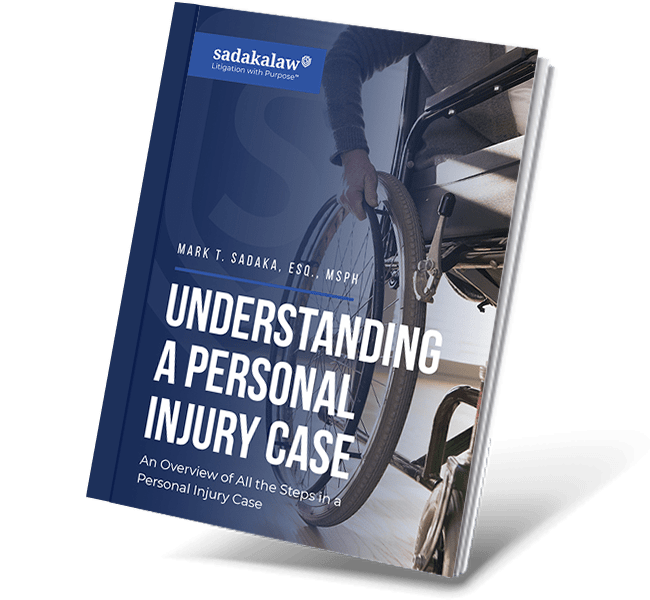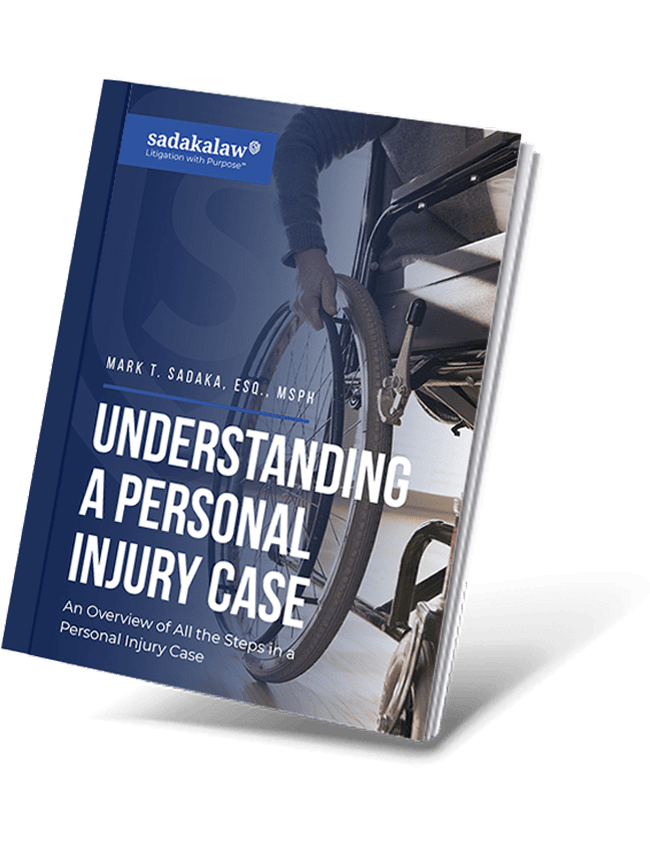According to the CDC lead poisoning is completely preventable. However, the key is to keep individuals from coming in contact with lead and to effectively treat those who have been exposed to it.
What is Lead Poisoning?
Lead is a potent poison that can affect individuals at any age, however it is much more serious when children are exposed to lead, as compared to adults. Since the brain has not yet completely developed, lead poisoning can cause learning disabilities, attention deficit disorders, lowered IQ, and anti-social behavior.
Lead-based paint and lead-contaminated dust in older buildings are the most common sources of lead poisoning in children.
Other sources include contaminated air, water and soil. Initially, lead poisoning can be hard to detect, even people who seem healthy can have high blood levels of lead.
Symptoms of Lead Poisoning
Signs and symptoms usually don’t appear until dangerous amounts have accumulated. And the only way to test for lead poisoning is a blood test.
Some experts recommend routine blood draws for children to be sure they aren’t at risk.
According to pediatrics professor John Rosen, MD, director of the lead program at the Children’s Hospital at Montefiore Medical Center, Bronx, N.Y. “A child’s rapidly developing brain is highly vulnerable to lead toxicity. Lead can be extremely dangerous for young children and can affect their lives forever. It is better to be conservative and safe and not ever sorry about excessive lead exposure.”
There are various symptoms of lead poisoning, which include; irritability, abdominal pain, vomiting, anemia, weight loss, poor attention span, noticeable learning difficulty, slowed speech development, and hyperactivity.
Treatment
Elevated levels of lead sustained over a period of time, can damage the central nervous system of children and adversely impact their development.
This could lead to reading and learning disabilities, speech and language handicaps, lowered I.Q., neurological deficits, behavior problems, mental retardation, kidney disease, heart disease, stroke, and even possibly death.
Early identification and treatment of lead poisoning reduces the risk that children will suffer permanent damage.
Treatment begins with removal of the child from the sources of the lead and medications can remove lead from the body.
If you feel that your child has been exposed to any type of contaminated air, water or soil please visit your local health care provider for testing.


